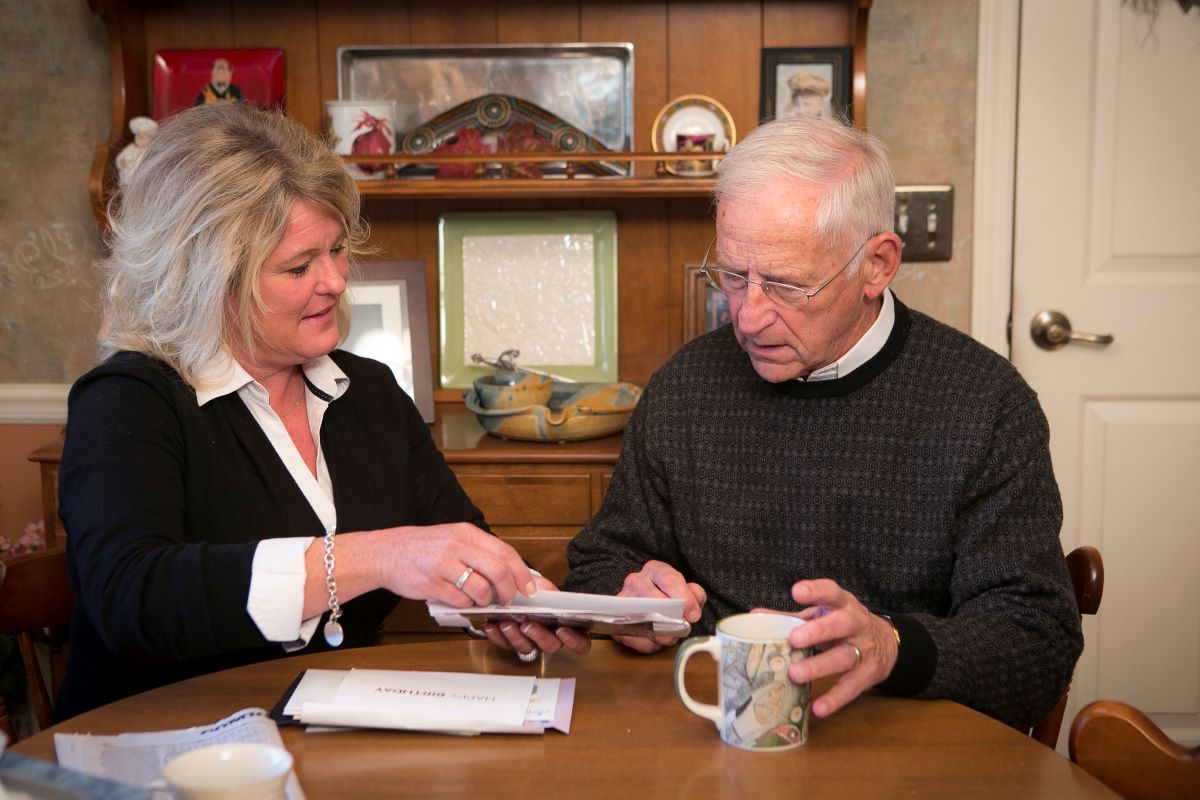Seniors may sometimes need cues or prompts to perform certain tasks due to a variety of reasons, including:
- Cognitive changes: Aging can bring about cognitive changes, such as a decline in memory, attention, and problem-solving abilities. Seniors may require cues to help them remember steps or sequence of tasks.
- Physical limitations: As people age, they may experience physical limitations, such as reduced mobility, flexibility, or strength. Cues can help seniors navigate these limitations and perform tasks safely and efficiently.
- Sensory impairments: Seniors may have sensory impairments, such as hearing or vision loss, which can affect their ability to receive or process information. Cues can compensate for these impairments by providing alternative modes of communication.
- Increased complexity: Certain tasks that may seem simple to younger individuals can become more complex for seniors due to changes in technology or societal norms. Cues can help bridge the gap by providing guidance and clarifying expectations.
- Lack of familiarity: Seniors may encounter new tasks or technologies that they are not familiar with, leading to uncertainty and the need for cues. Providing clear instructions and cues can help seniors feel more confident and capable in performing these tasks.
- Anxiety or cognitive overload: Some seniors may experience anxiety or cognitive overload when faced with multiple stimuli or information. Cues can help simplify the task and break it down into manageable steps, reducing stress and improving their ability to complete the task successfully.
It's important to note that individual experiences and abilities can vary greatly among seniors, and not all seniors will require cues for every task. Additionally, providing support and understanding can go a long way in helping seniors maintain their independence and engage in activities that are important to them.
Cues play an important role in helping seniors perform tasks by providing prompts, reminders, and guidance. They can help compensate for cognitive, physical, or sensory limitations, reduce anxiety, and improve task performance. Here's how a caregiver can help cue a senior to do certain tasks:
- Clear instructions: Provide clear and concise instructions for the task at hand. Break down the task into simple steps and communicate them in a manner that the senior can understand.
- Visual cues: Use visual cues, such as written notes, labels, or pictures, to reinforce instructions. For example, labeling drawers or cabinets can help seniors locate items more easily.
- Verbal reminders: Offer verbal reminders to prompt the senior when it's time to perform a task. Gentle prompts or cues can help them remember what needs to be done and maintain their routine.
- Demonstration and modeling: Show the senior how to perform the task by demonstrating the steps yourself. Modeling the desired behavior can help seniors understand and imitate the actions more effectively.
- Assistive technology: Utilize assistive devices or technologies that can provide cues or reminders. This can include alarms, timers, pill organizers, or smartphone apps specifically designed for task management and reminders.
- Positive reinforcement: Provide positive reinforcement and praise when the senior successfully completes a task. This can help motivate and encourage them to continue performing tasks independently.
- Patience and support: Be patient and offer support throughout the process. Encourage the senior to ask questions and provide reassurance when they may feel frustrated or unsure.
Remember that every senior is unique, and cues should be tailored to their individual needs and abilities. It's important to maintain open communication, observe their progress, and make adjustments as necessary to ensure the cues are helpful and effective in promoting their independence and well-being.



